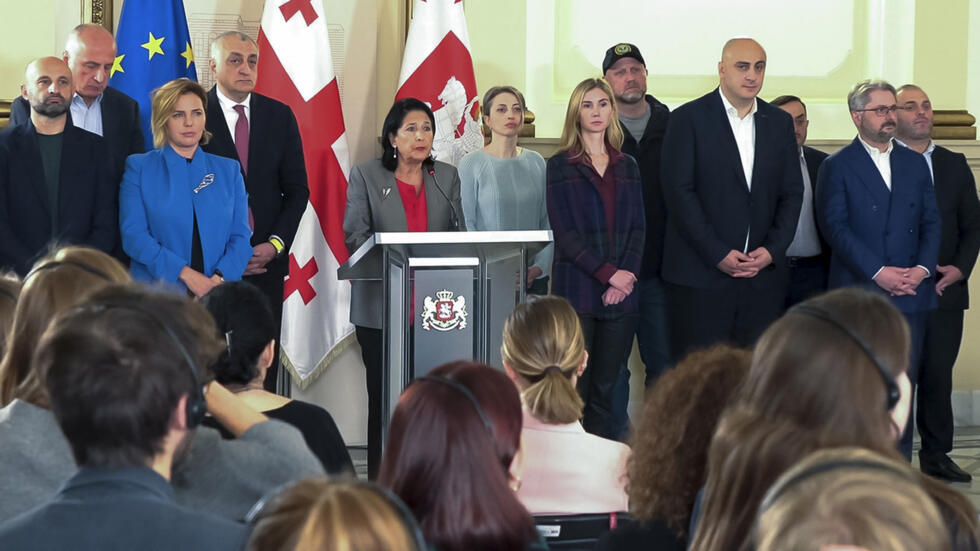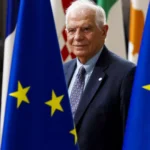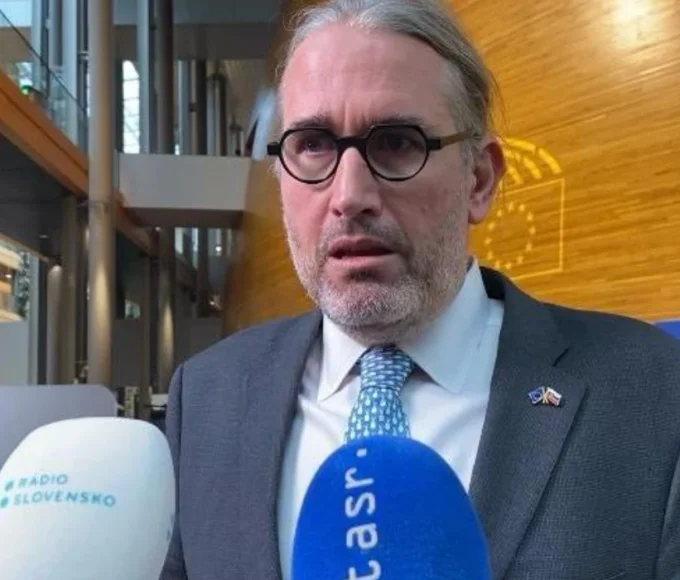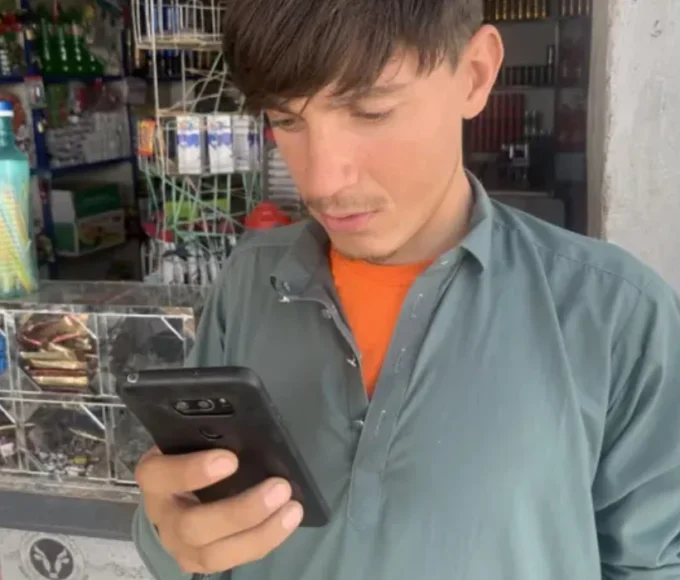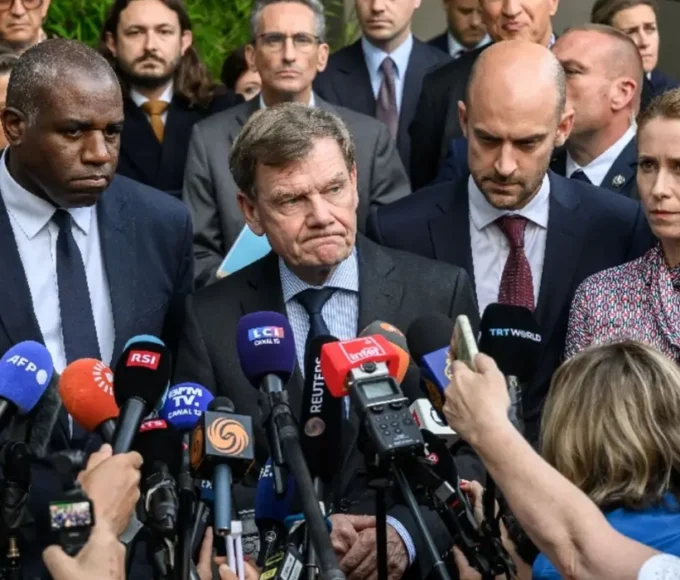Thousands of protesters took to the streets of Tbilisi on Monday, responding to calls from the pro-European opposition to denounce the recent parliamentary election results, which they claim were “stolen.” This demonstration followed the victory of the ruling party, Georgian Dream, in the legislative elections.
By local evening, approximately 20,000 people had gathered outside the Georgian Parliament, waving national and European flags. The opposition accuses Georgian Dream of veering towards authoritarianism with pro-Russian tendencies, which they believe threatens Georgia’s prospects for joining the European Union and NATO.
In a pre-protest interview, Georgian President Salome Zourabichvili, who has distanced herself from the government, asserted that the methods used to manipulate the election mirrored those employed in Russia. “It’s very hard to accuse a government,” she said, “but the methodology is Russian.”
The Russian government, through spokesperson Dmitry Peskov, categorically denied these allegations, accusing Zourabichvili of attempting to destabilize her own country.
Georgian Prime Minister Irakli Kobakhidze insisted that Tbilisi’s “main priority” remains “European integration” and expressed optimism about restoring relations with Brussels, despite tensions in recent months.
Hungarian Prime Minister Viktor Orban, known for his ties to Moscow, praised Georgian Dream’s “overwhelming victory” and visited Georgia, disregarding EU norms, as Hungary currently holds the EU presidency. He emphasized that Georgia is a “conservative, Christian, and pro-European state” needing support rather than criticism.
The European Union, alongside the United States, has called for investigations into the allegations of electoral fraud. Thirteen EU ministers condemned the “violation of international rules” during the elections, deeming them “incompatible with the standards expected of an EU candidate.”
Zourabichvili highlighted concerns over the introduction of electronic voting, which allegedly facilitated fraud, including instances where a single ID number corresponded to multiple votes across different regions. She cited traditional methods of vote-buying and coercion as well.
Preliminary results indicated that Georgian Dream, in power since 2012, received 53.92% of the votes, compared to 37.78% for the opposition coalition. Former President Mikheil Saakashvili, currently imprisoned, also called for “mass protests” to demonstrate the fight for freedom.
The opposition group, Coalition for Change, announced it would renounce its parliamentary mandates to avoid legitimizing the election results. Initially claiming victory based on exit polls, the opposition is now relying on street mobilization to bolster their cause.
Political analyst Ghia Nodia noted that Georgian Dream maintains a strong support base by effectively capitalizing on fears of an imminent threat from Russia. He anticipates a significant crackdown on opponents, civil society, and independent media by the government.
Georgia faced large-scale protests in May against a controversial “foreign influence” law, inspired by Russian legislation aimed at suppressing civil society. Although this mobilization was significant, it failed to halt the law’s progression. In response, Brussels paused the EU accession process, and the United States imposed sanctions on Georgian officials.
This article is originally published on .france24.com


